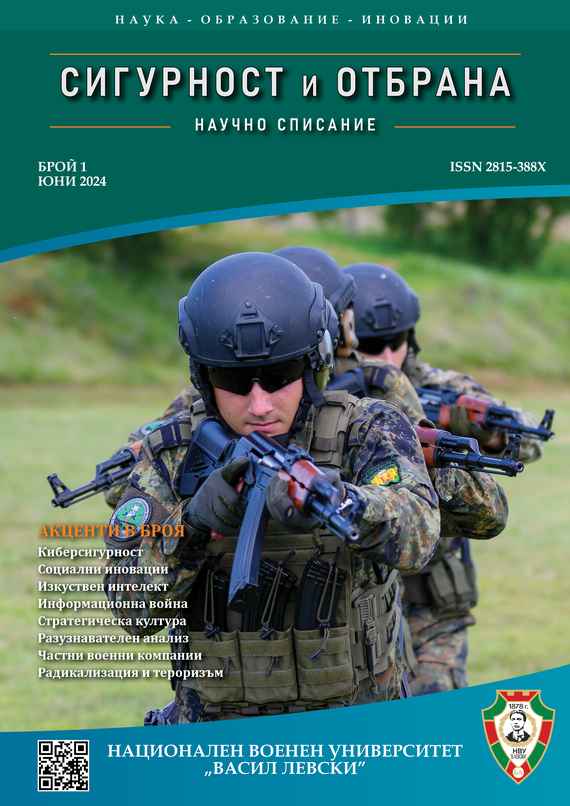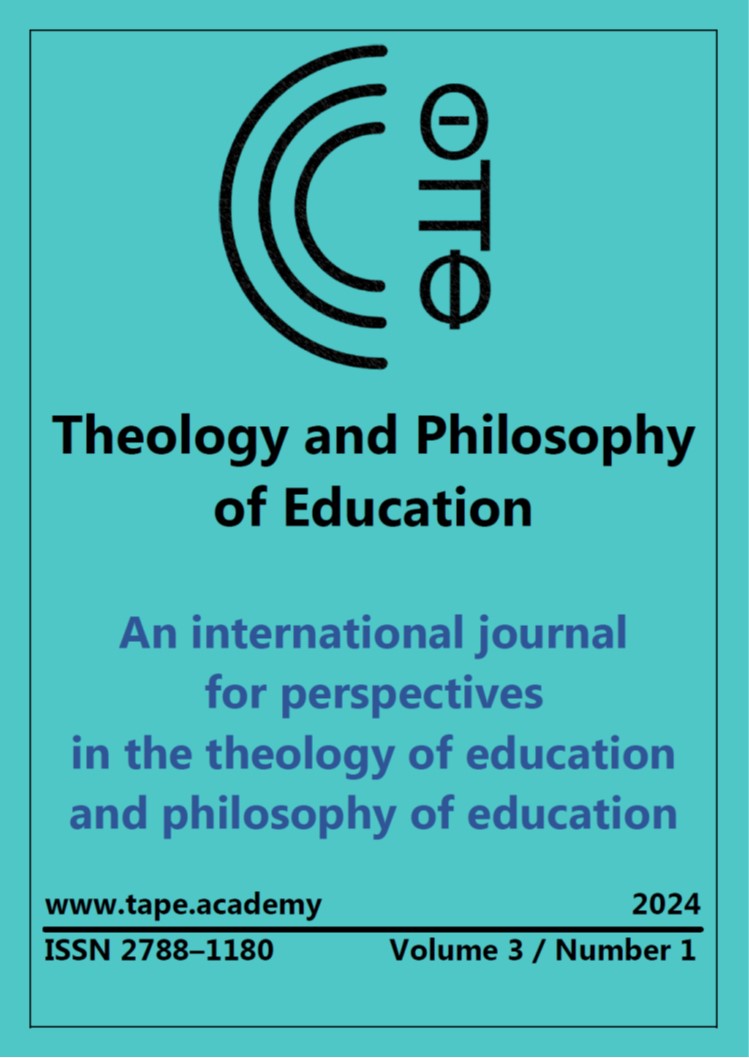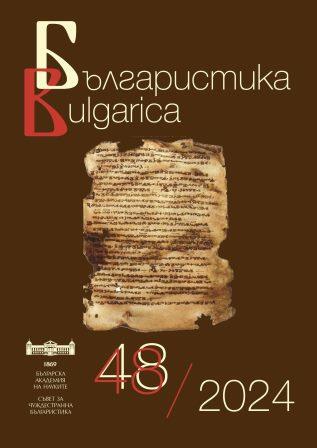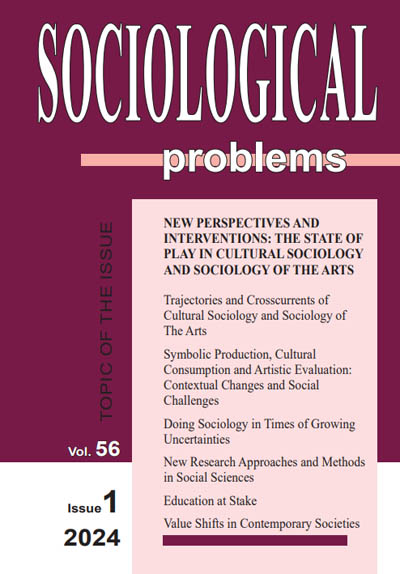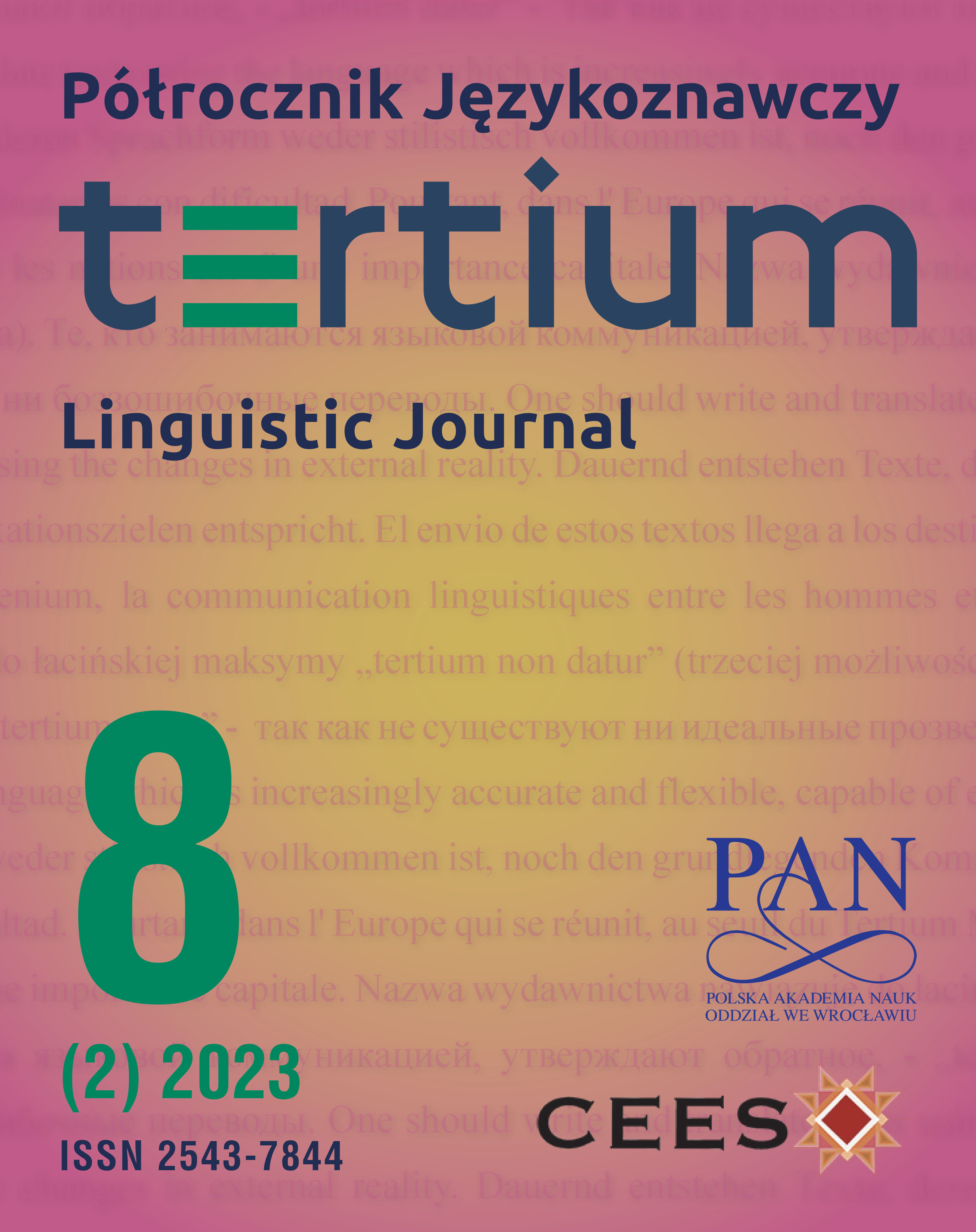
The role of language in the formation of value models of cultures
The extent to which the value systems of different cultures influence each other is one of the most important issues in intercultural communication today, as it is closely related to the understanding and acceptance of the Other. Each of the existing cultures has its own value model created by it. The core of this model is formed by the most ancient layers of language, its root basis. Any value that emerged on the philosophical-religious stratum of culture is encoded with linguistic meanings. These codes form the value core of culture. The paper deals with the extent to which the value codes of one culture influence the codes of another culture. Different value models of cultures are proposed and considered and the role of language in creating their value core is shown.
More...
